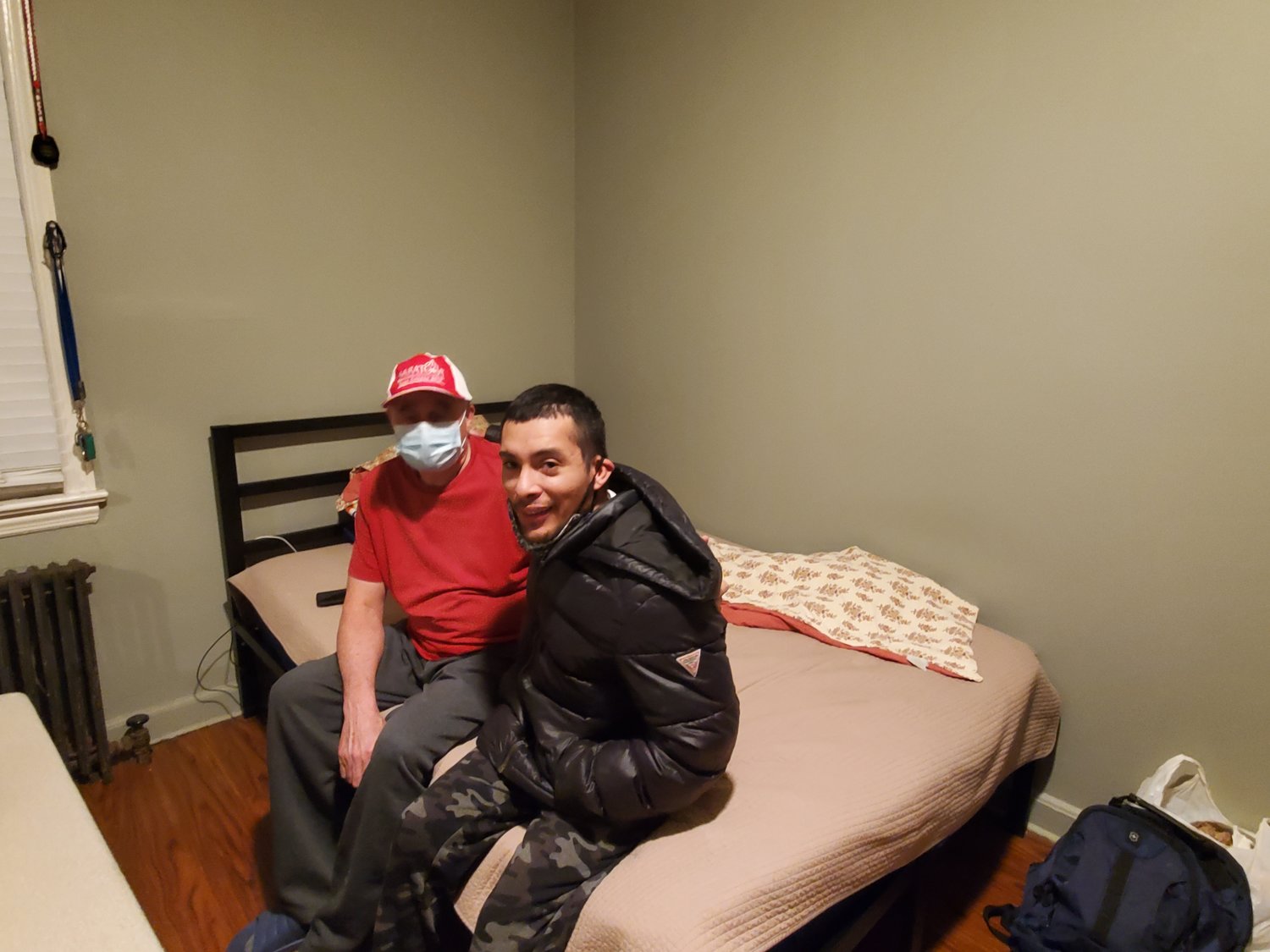Men’s shelter needs new space for homeless
The North Shore Sheltering Program, which provides nighttime housing for homeless men during winter months, will close its doors for the season on March 31.
For 22 years, the shelter worked in tandem with the First Presbyterian Church in Glen Cove to house residents for its seasonal program, which began on Thanksgiving until the end of March. The program rented the space for $7,900 a year. Shelter staff handled cleaning for its residents, while the church provided the space for residents to sleep.
However, the First Presbyterian Church recently suspended its contract with NSSP. For this reason, the shelter switched to housing residents in single occupancy rooms — a form of affordable housing — in downtown Glen Cove.
The shelter went from originally assisting 25 men to five. It’s speculated that some men left town because of challenges with the pandemic and others with not finding work during the summer months.
Currently, four rooms are being rented on a monthly basis by the shelter alongside yearlong residents at the SRO, for $3,200 per month.
Cantor Gustavo Gitlin of Congregation Tifereth Israel, president of NSSP’s board of trustees, said the SRO is a needed resource for its residents, but it comes at a high price tag.
“Covid was difficult, and we adjusted to make sure our men are taken care of, and we have not gone away,” he said. “We want our donors and volunteers to also know we ... haven’t closed the program.”
Going forward Gitlin said they are searching for a new home, which hasn’t been easy.
Several phone calls to the First Presbyterian Church were not returned, but a voice message stated that the NSSP was “suspended due to Covid until further notice.”
Pre-Covid, groups of volunteers cooked and served meals for the residents at the shelter on site and served food directly to residents.
“It was nice to see the interaction between the volunteers and the men,” staff member and head counselor, Chris Garcia, said. “After a while people knew each other and formed bonds. People were checking in on these men. That’s why they kept coming back.”
The transition from church to SRO proved to be an obstacle for generous members of the community who want to help, but are not permitted to cook food on site, which is why the shelter established a drop off program. Volunteers can deliver dinner and necessities like clothes and hygienic products to the shelter there.
Keeping track of residents in need during the shelters off season can be difficult since many don’t have access to computers or cellphones.
“Some of the guys were sleeping under bridges, some of the guys didn’t have a place to go,” Garcia said. “What we tried to do, is get the ones that desperately needed it to the SRO. The ones who were really really struggling.”
One of the shelter’s struggling residents, “Bob,” [not his real name], came to the United States eight years ago as a refuge from El Salvador, and at 65 years old, has been with the shelter for four years. Bob found his way to Glen Cove by word of mouth from another homeless man.
As one of the shelter’s high-risk residents, Bob is permitted more time in the shelter than others. He takes medications for pulmonary disease and suffers from three herniated discs.
“Being alone in my own room I have peace of mind,” Bob said. “I have my medication that I have to take to live. I would love to work, but with my body as is, I can’t.”






